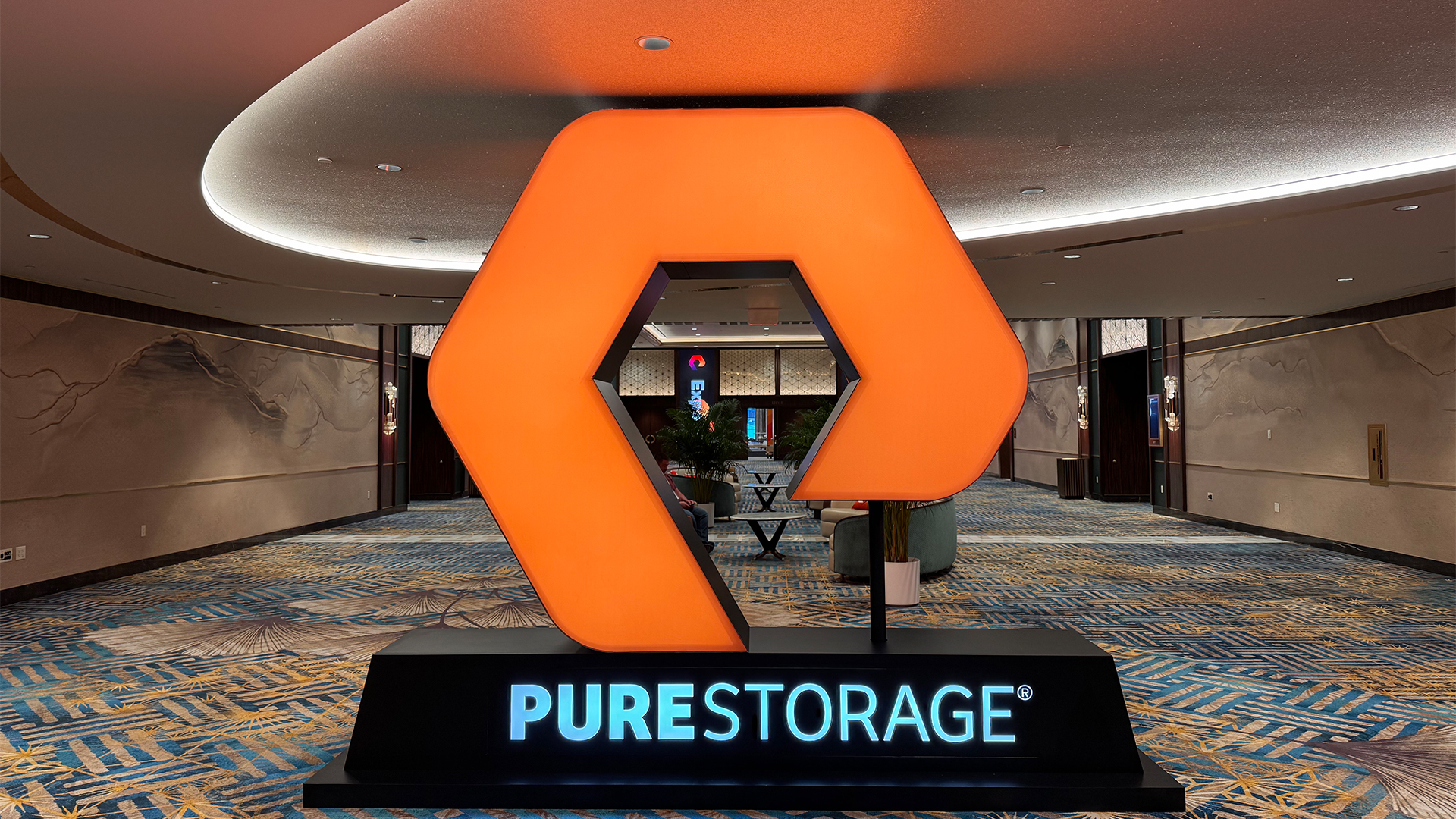Traxdata Ultra-S Plus 64GB SLC SSD
SSD are inherently better than conventional hard disks right? We pitch an SLC-technology based SSD drive against a regular one to see how it fares.
Traxdata's Ultra-S is typical of SLC based SSDs by offering low capacity at a very high price. On the up side the theoretical performance is very high but extracting it in the real world proved difficult. For business use, testing in your own environment and with your own workloads would be recommended before making a heavy investment.

Solid State Discs (SSDs) are one of the big new arrivals on the technology scene for 2008, reaching a price and a performance level that is beginning to make them a serious proposition in business computing. So when Traxdata popped by the offices bearing one of their latest drives in tow, we thought it would be a good opportunity to test one in our own labs to see how it would fair.
SSD stands for Solid State Drive a hard disk with no moving parts, which has a number of benefits. Firstly, with no moving parts, SSD drives are inherently much more more robust. Secondly, with no physical parts to move around, SSDs are always promoted as drawing less power than their more conventional stablemates. Thirdly, the natural assumption is that performance is inherently greater that 'normal' hard disks, just as the RAM chips in your PC are much faster than the moving parts in your hard disk.
Of course there are drawbacks, and with SSDs there are two big ones capacity and price.
While your average hard disk will come in these days anywhere from 200GB up to 1TB, the solid state hard disk will only come in either 64, 128 and 256GB capacities, which are obviously much more limiting in what you can place on there. However, for certain applications it's a no-brainer to employ SSDs over hard disks. As such, they have also really started to find a place in enterprise, where the performance and power savings really make sense.
The other area is price. Relatively recently SSDs have started to appear in laptops with their inherent benefits making them a good fit, literally, for laptops, but you have to pay quite a premium to get one. The big names to feature SSDs where Apple with its MacBook Air, and currently this costs 1,105 excluding VAT with a standard 120GB 4,200rpm hard disk, but this goes up by 343 for a 128GB hard disk.
Equally Lenovo's X300, is available exclusively with an SSD drive and cost nearly 2,000 when it was first released, though this has since come down to around 1,200. SSDs have also become a pretty common feature in many netbooks.
However, not all SSDs are created equal. There's are actually two distinct types Single Layer Cell (SLC) and Multi Layer Cell (MLC). SLC's store one-bit of data per memory cell, which produces faster transfer speeds, lower power consumption and because they are single cell are more robust.
Sign up today and you will receive a free copy of our Future Focus 2025 report - the leading guidance on AI, cybersecurity and other IT challenges as per 700+ senior executives
MLC's meanwhile store multiple bits per cell, which makes it easier to create larger capacity drives for lower cost, at the expense of performance and ultimate robustness. The reason for the former is that it becomes more complex to extract the correct data from each cell, while for the latter in the event of a cell becoming unreadable more data could potentially be lost.
Benny Har-Even is a twenty-year stalwart of technology journalism who is passionate about all areas of the industry, but telecoms and mobile and home entertainment are among his chief interests. He has written for many of the leading tech publications in the UK, such as PC Pro and Wired, and previously held the position of technology editor at ITPro before regularly contributing as a freelancer.
Known affectionately as a ‘geek’ to his friends, his passion has seen him land opportunities to speak about technology on BBC television broadcasts, as well as a number of speaking engagements at industry events.
-
 Pulsant unveils high-density data center in Milton Keynes
Pulsant unveils high-density data center in Milton KeynesNews The company is touting ultra-low latency, international connectivity, and UK sovereign compute power to tempt customers out of London
By Emma Woollacott Published
-
 Anthropic Labs chief Mike Krieger claims Claude is essentially writing itself – and it validates a bold prediction by CEO Dario Amodei
Anthropic Labs chief Mike Krieger claims Claude is essentially writing itself – and it validates a bold prediction by CEO Dario AmodeiNews Internal teams at Anthropic are supercharging production and shoring up code security with Claude, claims executive
By Ross Kelly Published
-
 What to expect with Pure Storage’s 2026 partner program
What to expect with Pure Storage’s 2026 partner programNews The storage vendor has refreshed its partner program with a new Ambassador tier and greater emphasis on technical depth and services
By Daniel Todd Published
